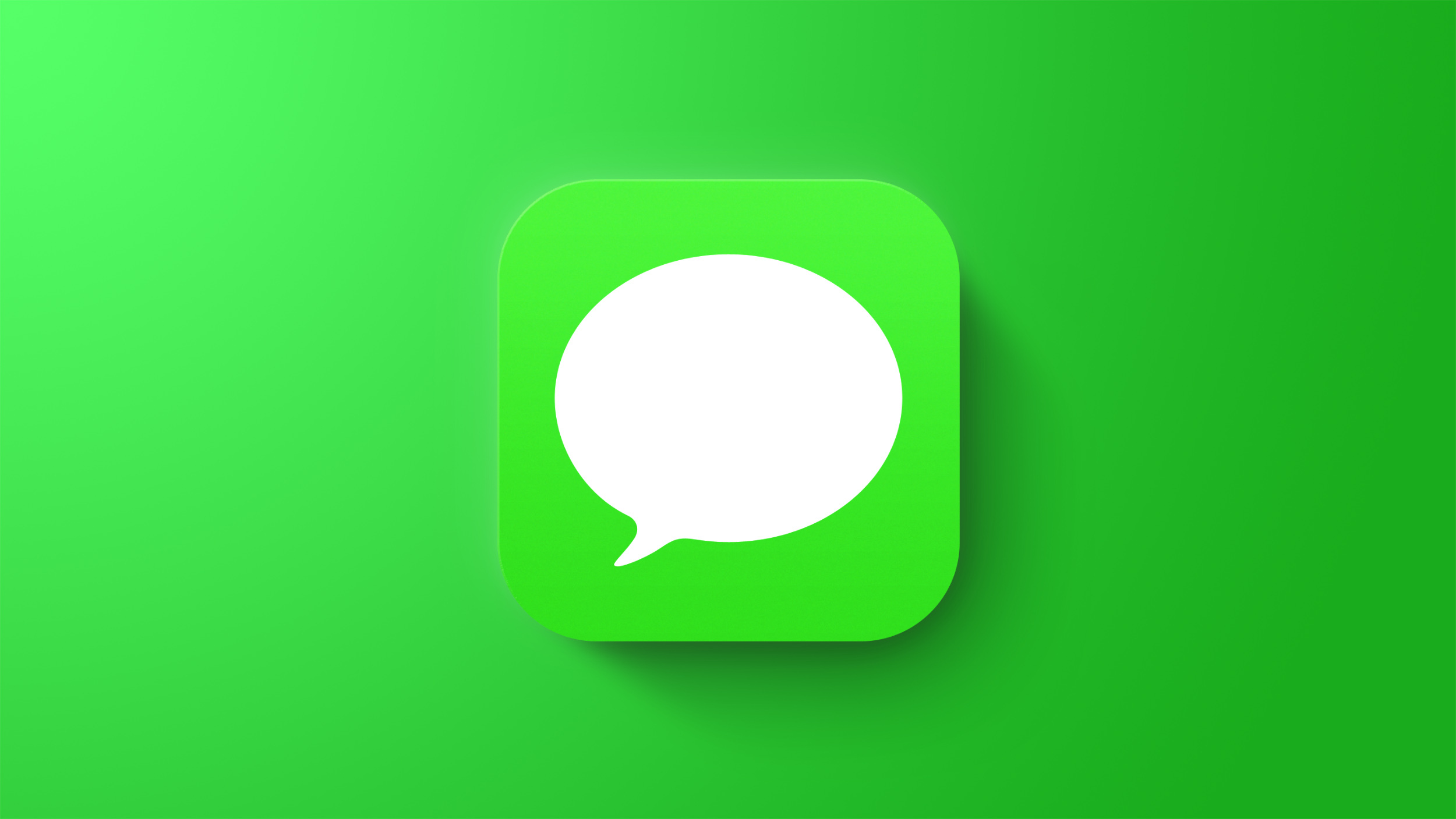Apple's iMessage will avoid regulation under the EU's Digital Markets Act (DMA), following the conlusion of an investigation by the regulator (via Bloomberg).

The probe concluded that the iMessage platform and Microsoft's Bing do not hold a dominant enough position to be brought under the DMA's strict rules for services provided by big tech's so-called digital "gatekeepers," which include Apple, Meta, Google, Amazon, and TikTok, according to the EU.
Apple and Microsoft said they welcomed the decision in separate statements following the announcement.
The EU has been working on legislation under the DMA that would have required Apple to make changes to iMessage to make it available on other platforms. The interoperability rules would have meant that Meta apps like WhatsApp or Messenger could request to interoperate with Apple's iMessage framework, and Apple would have been forced to comply within the EU.
However, the EU probe found that iMessage falls outside the legislation because it is not widely used by businesses. The reprieve for Apple is part of a five-month market investigation by the European Commission.
Despite the investigation's conclusion into iMessage, the DMA is still forcing Apple to make major changes to its app ecosystem in the European Union. For example, in iOS 17.4, due later next month, Apple is implementing updates that will allow iPhone and iPad users to download and install apps outside of the App Store through alternative app marketplaces.
This article, "Apple's iMessage Avoids EU's Digital Markets Act Regulation" first appeared on MacRumors.com
Discuss this article in our forums
Source: TechRadar

The probe concluded that the iMessage platform and Microsoft's Bing do not hold a dominant enough position to be brought under the DMA's strict rules for services provided by big tech's so-called digital "gatekeepers," which include Apple, Meta, Google, Amazon, and TikTok, according to the EU.
Apple and Microsoft said they welcomed the decision in separate statements following the announcement.
The EU has been working on legislation under the DMA that would have required Apple to make changes to iMessage to make it available on other platforms. The interoperability rules would have meant that Meta apps like WhatsApp or Messenger could request to interoperate with Apple's iMessage framework, and Apple would have been forced to comply within the EU.
However, the EU probe found that iMessage falls outside the legislation because it is not widely used by businesses. The reprieve for Apple is part of a five-month market investigation by the European Commission.
Despite the investigation's conclusion into iMessage, the DMA is still forcing Apple to make major changes to its app ecosystem in the European Union. For example, in iOS 17.4, due later next month, Apple is implementing updates that will allow iPhone and iPad users to download and install apps outside of the App Store through alternative app marketplaces.
This article, "Apple's iMessage Avoids EU's Digital Markets Act Regulation" first appeared on MacRumors.com
Discuss this article in our forums
Source: TechRadar